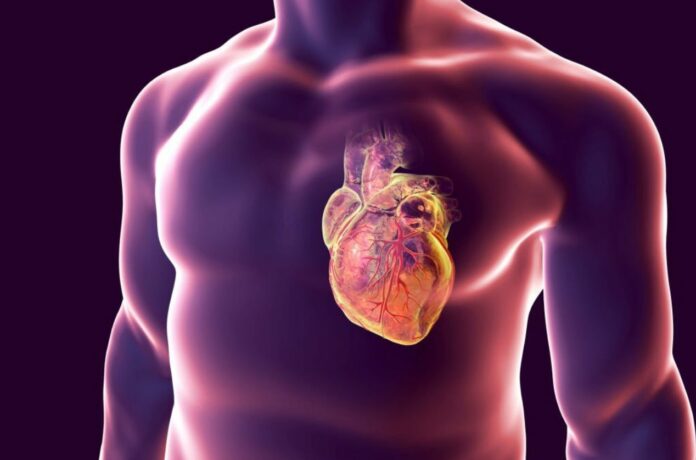With a staggering annual death toll of 18 million, cardiovascular disease has cemented its status as the deadliest disease worldwide. However, a crucial aspect of this global health crisis has often been overlooked as studies predominantly focus on the heart, leaving the profound impact of vascular disease in the shadows.
Despite its potential as a reliable indicator for heart disease-related deaths, vascular disorders have been unjustly disregarded.
Addressing this critical gap in research, Amsterdam UMC is leading a groundbreaking European study called VASCUL-AID. This ambitious project aims to shed light on the progression of vascular disease using advanced AI technology, specifically targeting individuals with an aortic aneurysm or peripheral artery disease. Alarming statistics reveal that a quarter of those affected by these conditions ultimately develop heart problems or suffer strokes.
Revolutionizing Cardiovascular Care: Shifting Focus Beyond the Heart
Renowned vascular surgeon, Ms. Kak Khee Yeung from Amsterdam UMC and prominent leader in European research, emphasizes the vital role our blood vessels play in sustaining human life. While cardiovascular disorders like aneurysms primarily affect vessels outside the heart, their impact on the overall cardiovascular system cannot be ignored. Recent findings suggest that such conditions exacerbate the likelihood of succumbing to other cardiovascular diseases, underscoring the need to explore preventive measures for these extracardiac ailments.
“At the moment,” remarks Yeung, “it isn’t possible to predict the course of aneurysm or of peripheral artery disease. People live in uncertainty about how their disease will develop and this results in many hospital visits and treatments.
“We would like to identify and isolate people with a high risk of their condition worsening from the large group in order to develop a more specific treatment plan. VASCUL-AID should make this possible.”
Revolutionary AI System Identifies High-Risk Vascular Patients
VASCUL-AID, a collaborative effort among multiple partners in Europe, aims to identify high-risk vascular patients using AI. The project will establish an infrastructure to monitor patient data from six clinics across Europe, including Oxford University, focusing on patients with aneurysms and peripheral artery disease. Data collected will include genetic information, imaging studies, protein profiles, and medication use.
To complement this, an app has been developed to collect patient-generated data from wearable devices and smartphones, such as daily activity, heart rate, and quality of life. By analyzing all the data using AI techniques, the project aims to discover markers that only characterize the high-risk group and identify patients who are at the highest risk of worsening cardiovascular disease.
“The markers that only characterize the high-risk group must be discovered from all the data. By using (AI) techniques, we will analyze all this data in order to subsequently identify the patients who are at the highest risk of worsening cardiovascular disease. They can then be helped earlier by medication adjustments or earlier surgical treatment.”
This project, one of the largest European studies utilizing AI in cardiovascular disease, will develop personalized treatment plans for patients. Additionally, the project will prioritize the development of reliable AI tools that can be effectively used in clinical settings. The earlier identification of high-risk patients will enable healthcare professionals to provide medication adjustments or surgical treatment sooner, potentially improving patient outcomes.
By expanding our understanding of cardiovascular care beyond the heart, Yeung and her team envision a paradigm shift in treatment approaches. Through the implementation of VASCUL-AID, individuals at risk will receive specialized attention, resulting in more efficient and targeted therapies. The prospect of alleviating patient uncertainty and minimizing hospital visits offers hope for a brighter future in the fight against these vascular conditions.
Image Credit: Getty
